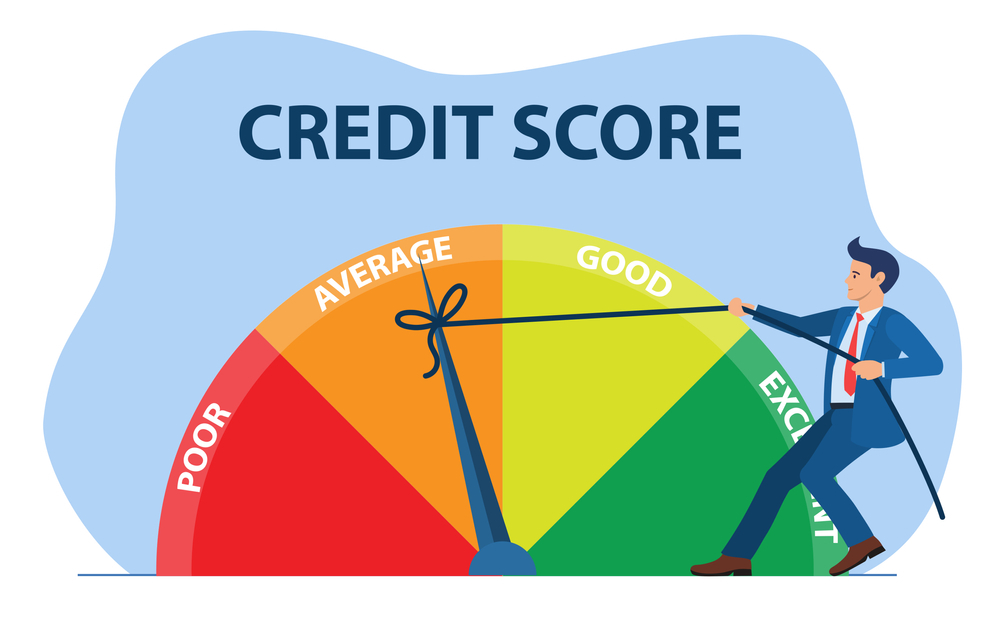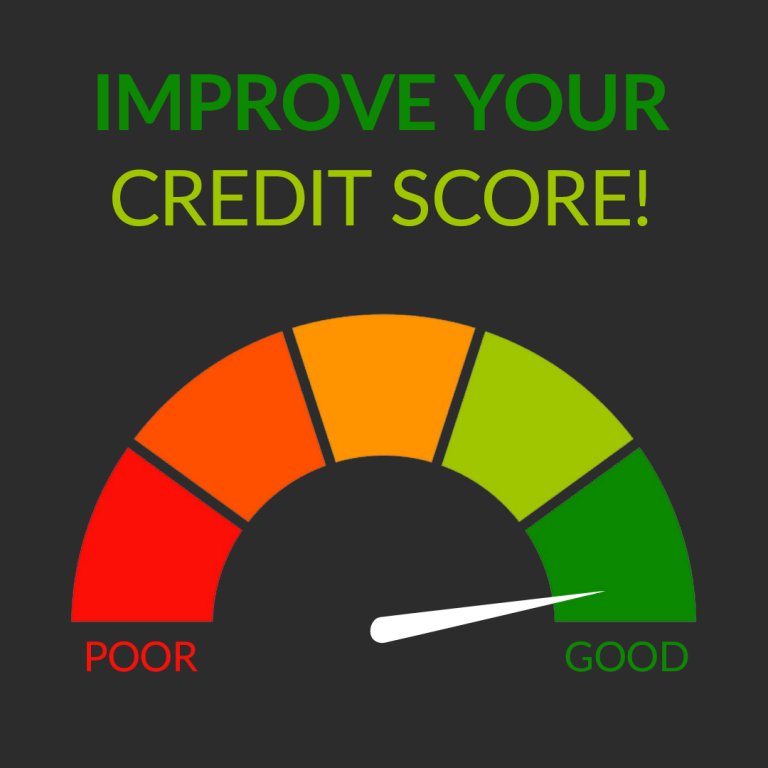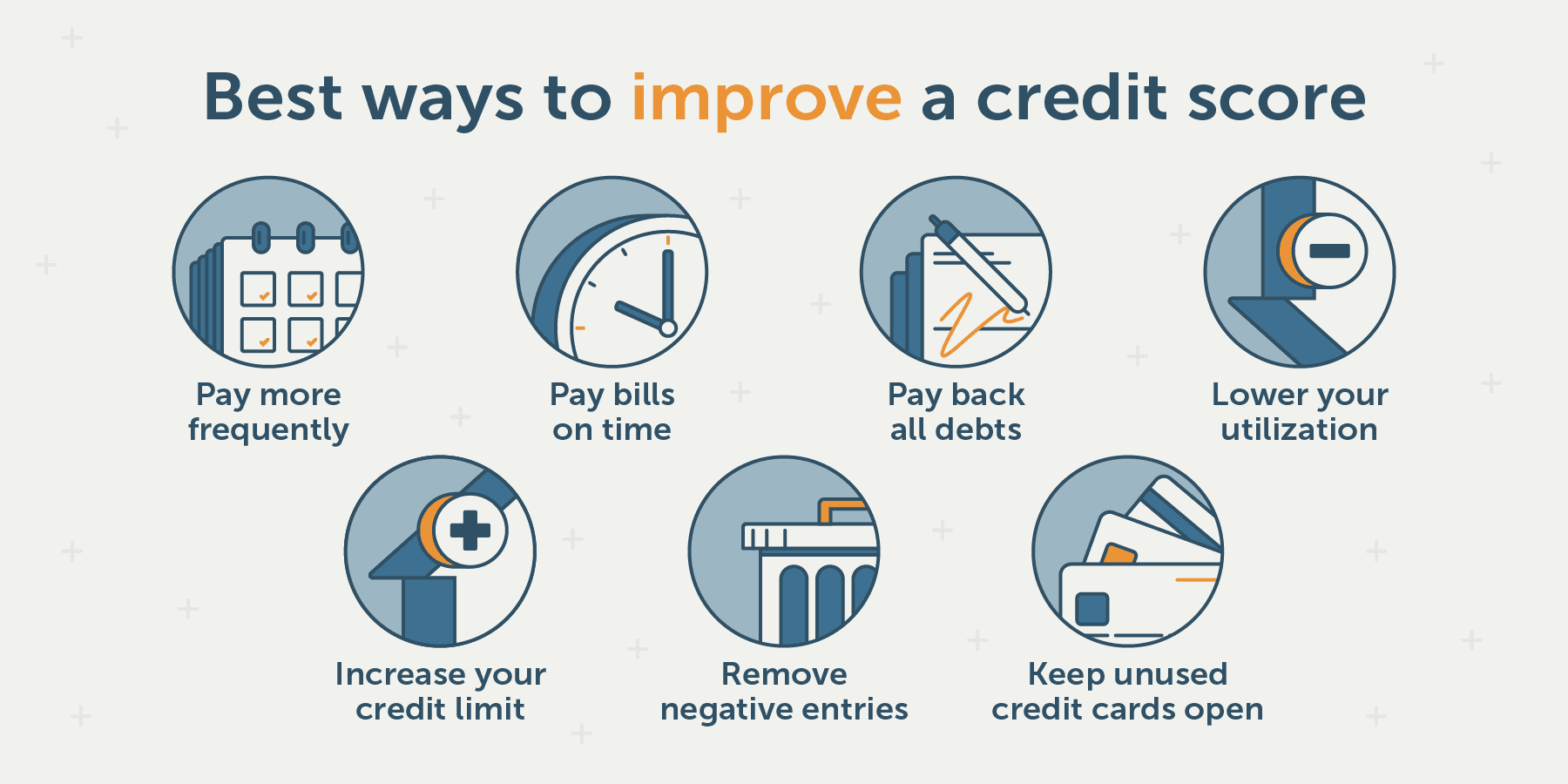Improving your credit score is essential if you want to secure a loan or credit card with low-interest rates. But it's easier said than done! With so many different strategies out there, it can be challenging to know where to start. In this article, we'll examine some less-common ways to improve your credit score.
1. Optimize Your Credit Utilization Ratio

Your credit utilization ratio is the amount of credit you're using compared to the amount you have available. Ideally, you should aim to keep your credit utilization ratio below 30%. A high utilization ratio can signal to lenders that you're overextended, making them less likely to approve your application.
To optimize your ratio, start by paying down your credit card balances. You can also consider increasing your credit limit or opening a new credit card account. Just be sure not to use these new accounts to take on additional debt!
2. Take Out a Credit-Builder Loan

A credit-builder loan is a loan specifically designed to help you build your credit score. With this type of loan, you borrow a small amount of money (often less than $1,000) and then repay it over a set period, usually between six and 24 months.
The lender reports your payments to the credit bureaus, helping to establish a positive credit history. And because these loans are generally small, they're more manageable to repay than larger loans or credit card balances.
3. Review Your Credit Report Regularly

It's essential to review your credit reports regularly to check for errors or inaccuracies. These errors can be costly, as they can negatively impact your credit score and make it harder to secure loans or credit cards.
Every year, you're entitled to one free credit report from each of the three major credit bureaus (Equifax, Experian, and TransUnion). Review your reports carefully, and if you spot any errors, dispute them immediately with the appropriate bureau.
4. Request a Credit Limit Increase

As we mentioned earlier, a high credit utilization ratio can hurt your credit score. One way to combat this is to request a credit limit increase on your existing accounts.
Just be sure not to use this new limit to take on additional debt! Instead, keep your balances low and pay your bills on time to improve your credit score over time.
5. Consider a Personal Loan for Debt Consolidation

If you're struggling to manage multiple credit card balances, a personal loan may be a good option for debt consolidation. With a personal loan, you borrow a set amount of money and then repay it over time.
Because the interest rates on personal loans are typically lower than those on credit cards, you could save money on interest charges over time. And because personal loans have fixed repayment terms, they can be a great way to establish a positive credit history.
Conclusion
Improving your credit score takes time and effort, but it's well worth it in the long run. By following these less-common strategies, you can boost your score and make it easier to secure loans and credit cards with low-interest rates.
